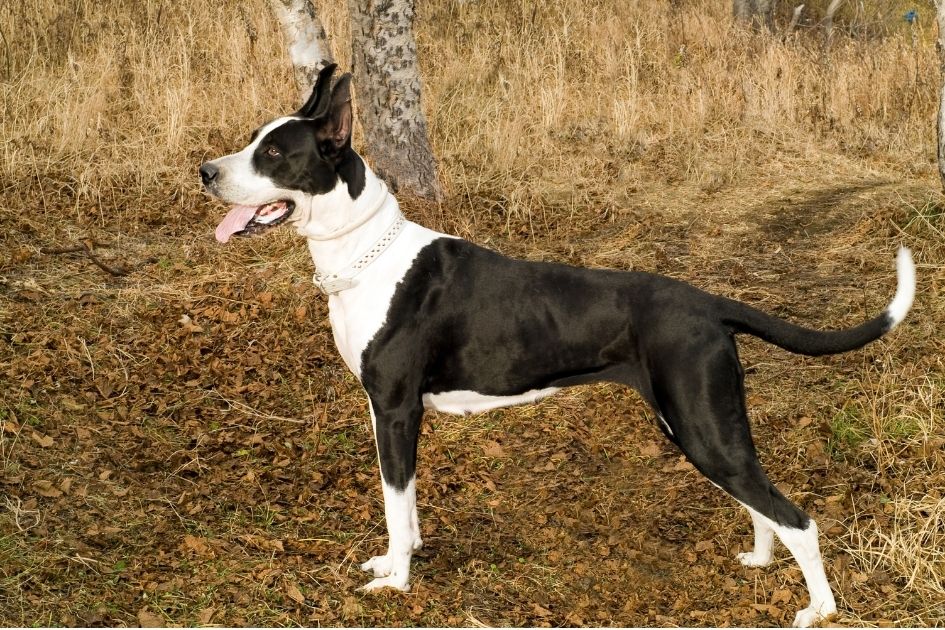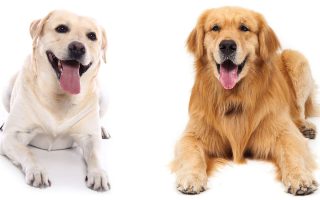If you’re considering adding a puppy to your family, it’s likely that you have questions about the dog’s growth. How big will my puppy get? When will he stop growing? When do puppies stop growing, and what factors play into that? While there isn’t one absolute answer to this question, it is possible to make some predictions about how your new family member will grow and mature over time.
How big does a puppy get?
There’s not really a specific age when puppies stop growing, but they tend to max out at around five months of age. They still have a lot of maturing to do (puppies grow approximately seven times faster than humans), so plenty more growth happens after that time. But most dogs aren’t full-grown until they’re around 18 months old. Around that time, you can expect their height and weight to be roughly equal—and to only slowly increase from there! Growing puppies reach their adult size when they are between one and two years old.
How long does it take for a puppy to grow?
A puppy will grow rapidly during its first few months of life, as it goes from something like a cherry to a grape. Dogs typically stop growing in height at around one year of age, but they’ll continue to get wider and bulkier until they’re about two years old. If you have concerns about your puppy’s growth rate or other potential health issues, call your vet right away. He or she can examine your pup and help you figure out what might be causing problems (or not). All puppies seem to go through periods when they suddenly eat more and sleep less than usual.
The rapid puppy growth rate starts to slow down around six weeks of age and continues slowing until your pup reaches full size. On average, a puppy stops growing at about 12 months old (and may stop even earlier, between 8-10 months), but you can expect gradual size increases until he or she is anywhere from 16-24 months old. At that point, your little ball of fur will be as tall as he or she’s going to get (with some exceptions for certain breeds). Most dogs tend to gain weight right before they finish growing and then begin losing weight when they reach their adult height.
How fast does a puppy grow?
A puppy starts out life very tiny. Puppies are born in a relative hurry, as they take roughly nine weeks to go from conception to birth. And because they’re so tiny at birth, it’s important that puppies are fed every few hours until they can regulate their own food intake. This helps ensure they get proper nutrition and sufficient calories each day. As you might expect, though, a puppy doesn’t stay tiny for long. So when do puppies stop growing? In some ways that depends on breed, but for most breeds of dogs (small or large), puppies will grow quickly during their first three months of life and then slow down significantly after that.
Generally speaking, you can expect your puppy to grow by at least one pound per week in its first few months of life. In fact, you might even notice that he’s putting on weight a little faster than his size would suggest (meaning he’s getting chubby). That extra fat helps puppies lab eyes chocolate labrador eyes grow quickly much like a baby human uses fat to fuel brain development early in life. After about three months of age, however, dogs enter what is commonly referred to as their teenage years. And as any teenager knows, these years are all about growing up fast and taking off unwanted pounds. So when do puppies stop growing after three months old?
Where can I find answers about my puppy’s growth rate?
If you have questions about how quickly your new puppy is growing, there are a few different places you can go to get answers. The first step would be to consult with your vet: If you don’t already have a vet, take your puppy for his or her first checkup as soon as possible. During that visit, ask for an estimate of how much your puppy should weigh at any given age and how quickly he or she should be gaining weight (or if he or she seems to be gaining weight more slowly than expected). Another way to find out about growth rate is by talking with people who own dogs similar in size and breed.







